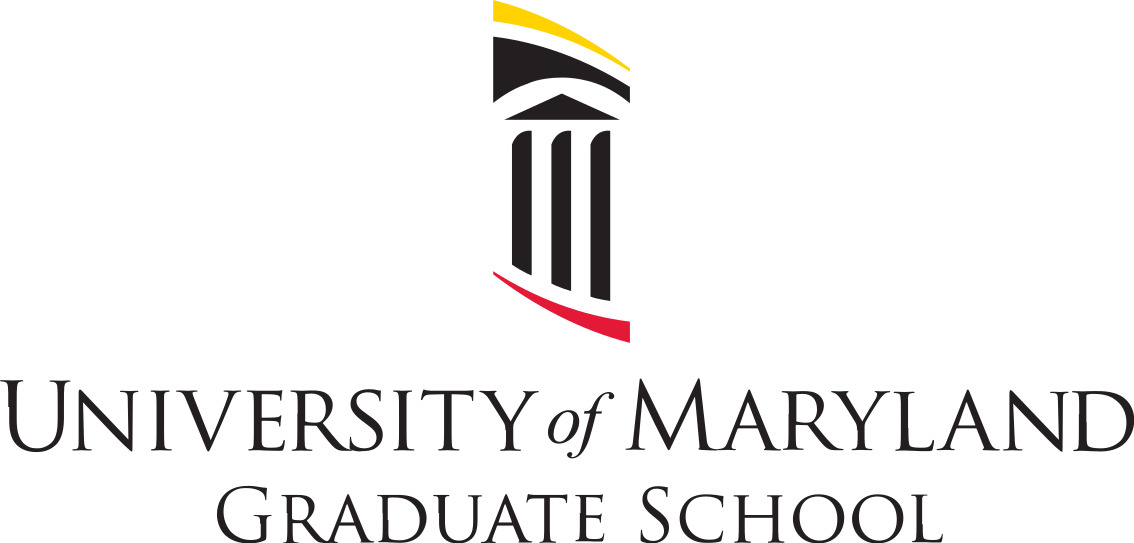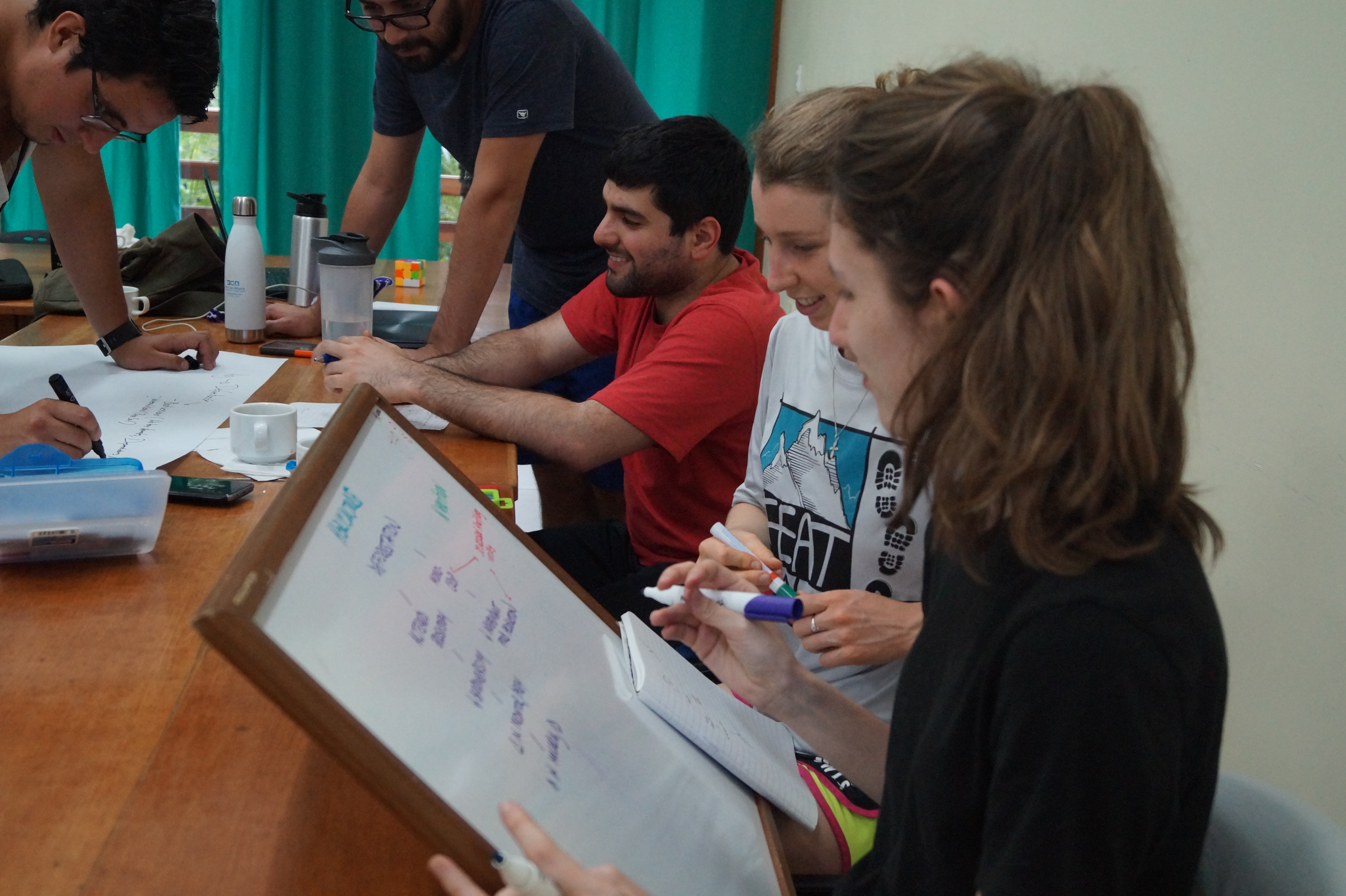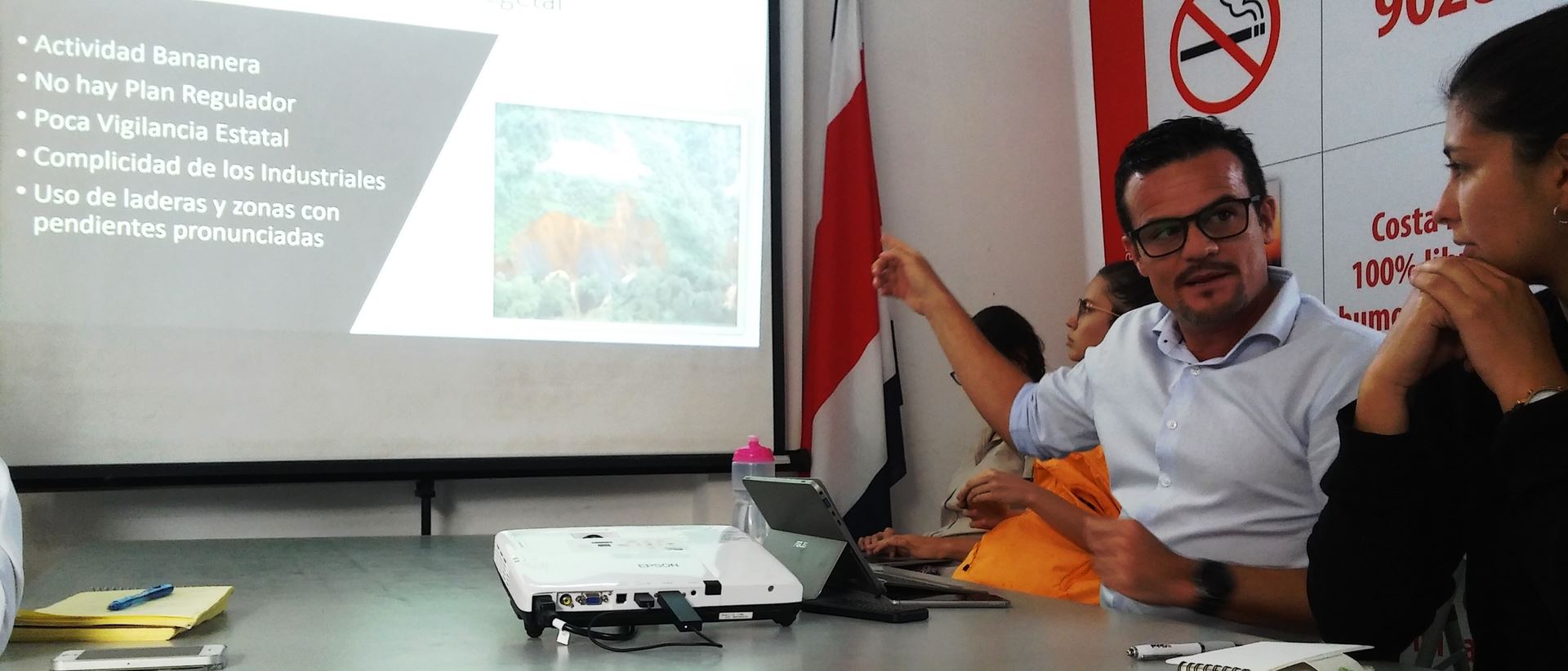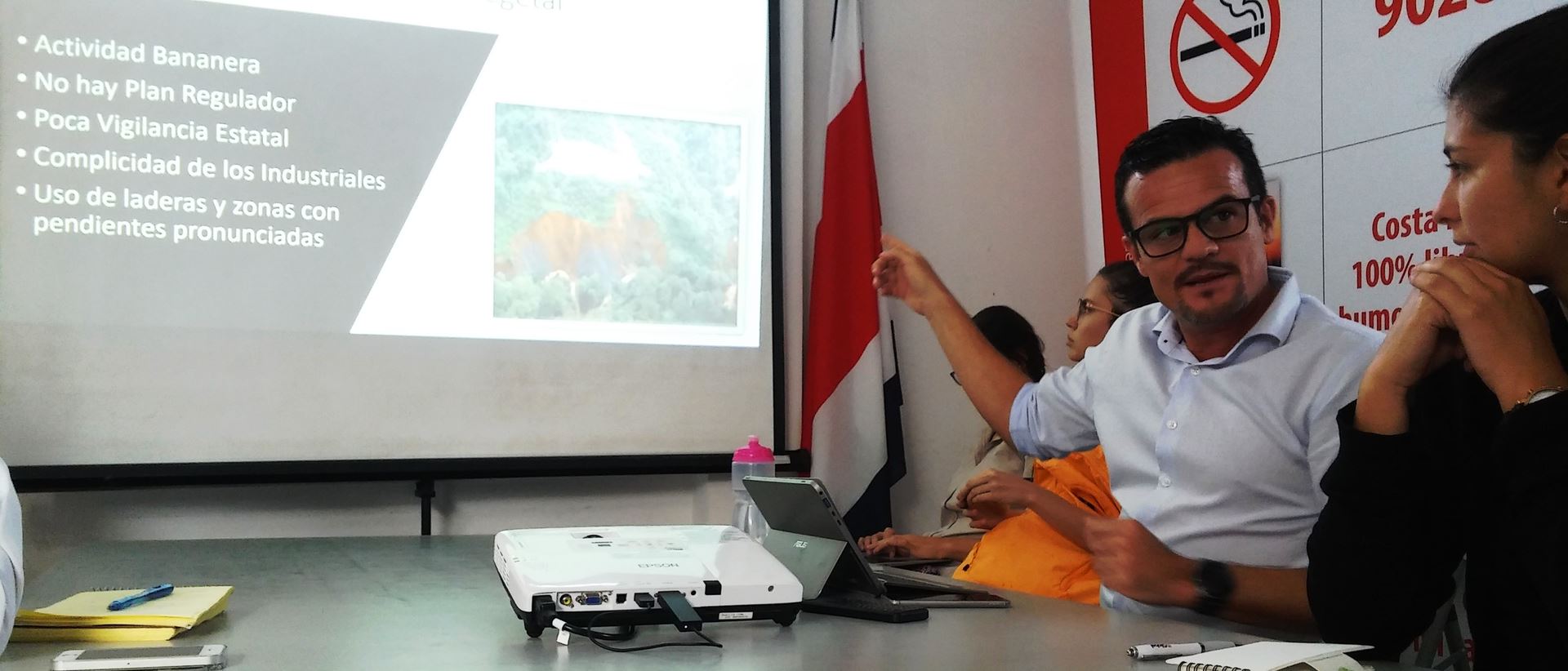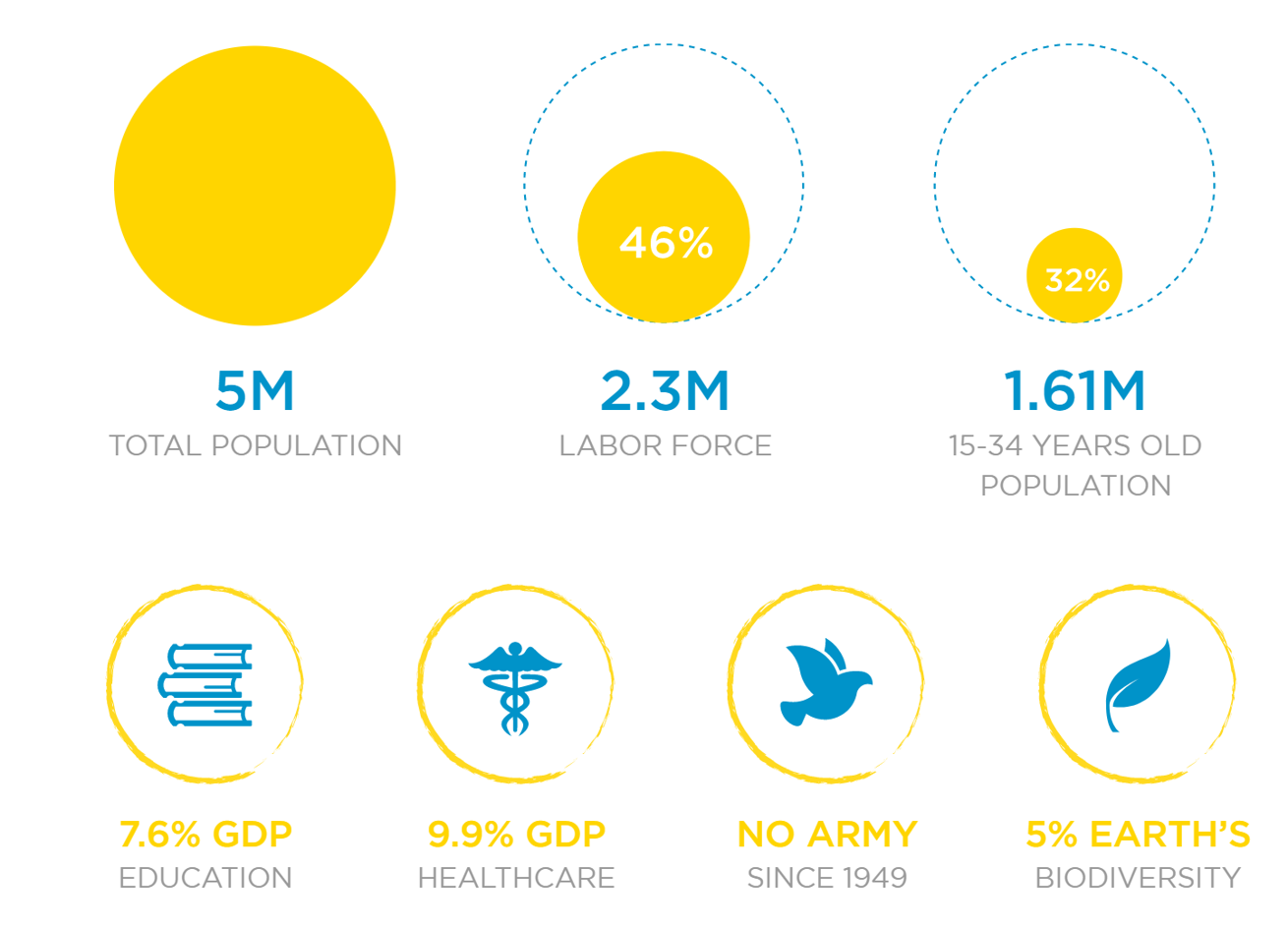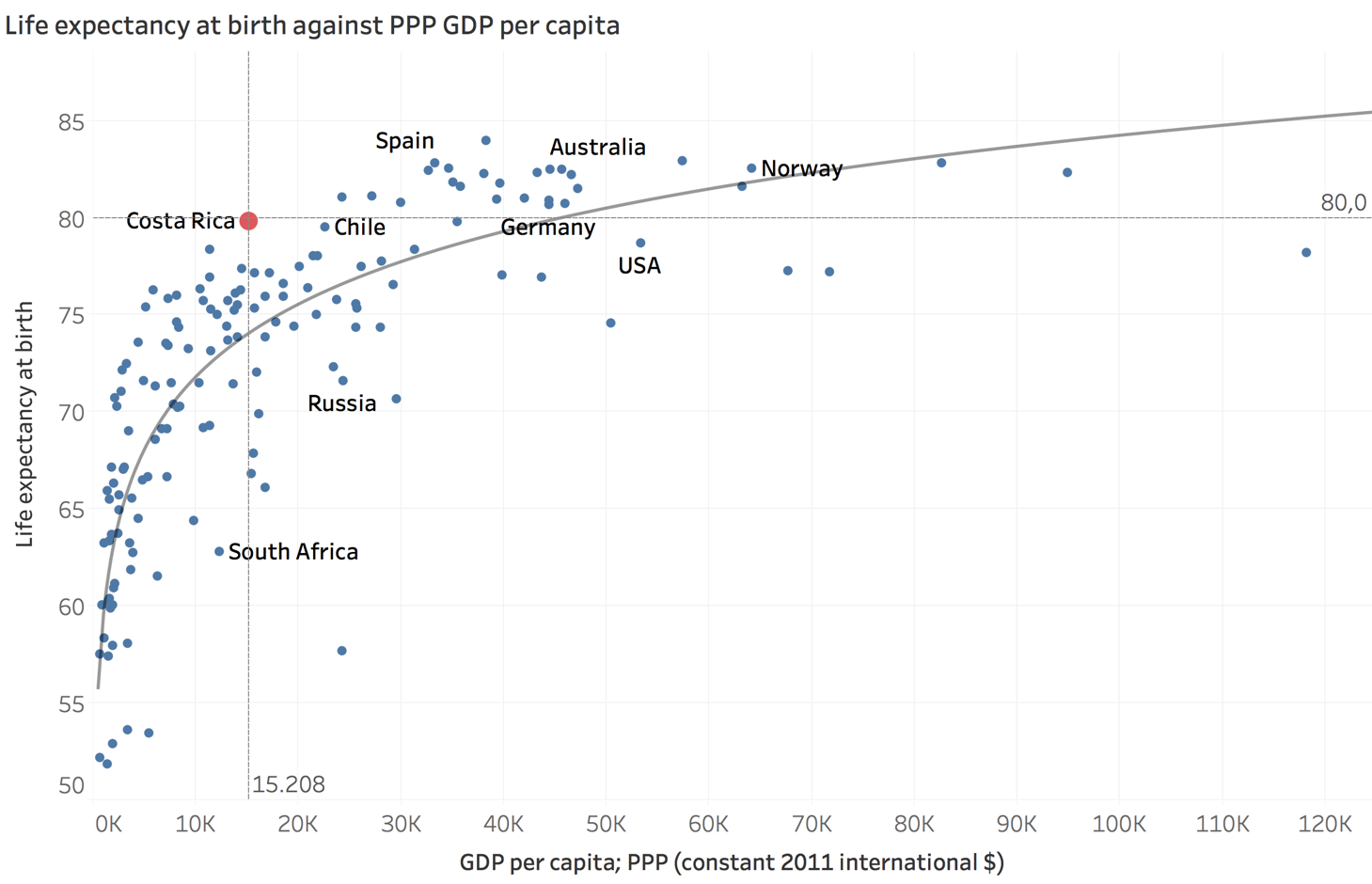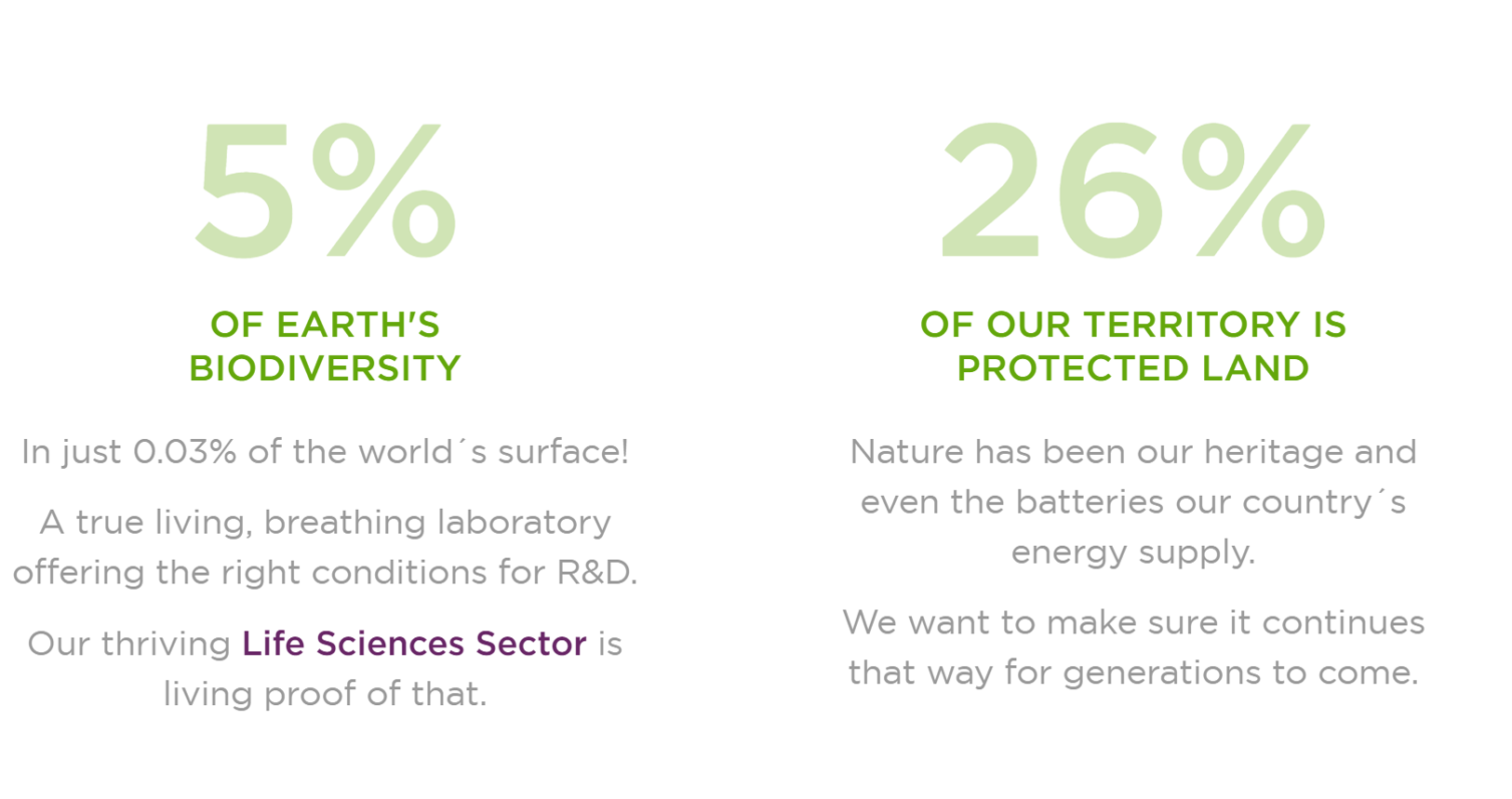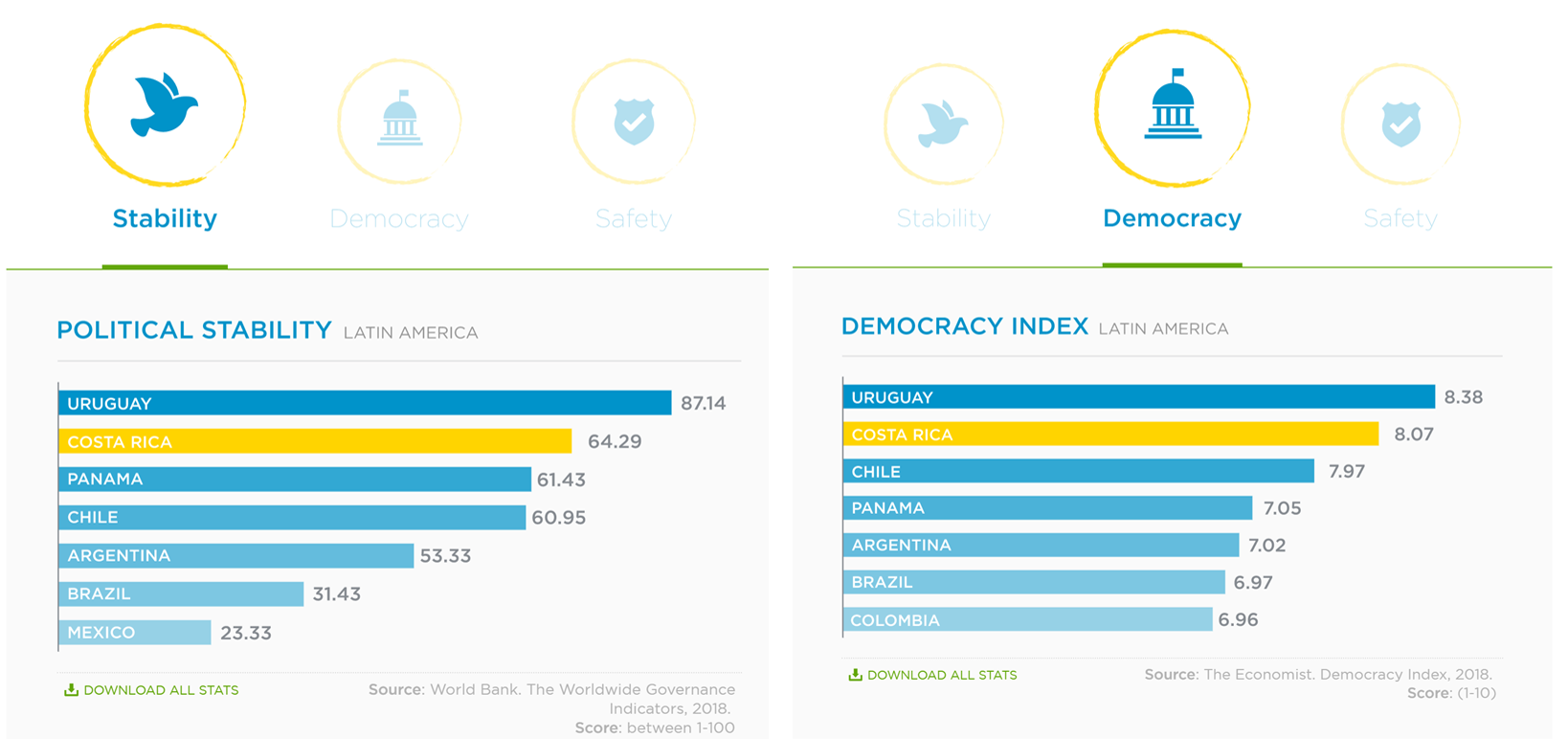During the teaching portion of the program, students will live and learn in two unique settings. The first three weeks will take place in San José, the capital of Costa Rica. In addition to in-class activities, students will engage in field visits to meet with Costa Rican leaders in the Ministry of Health, public and clinical health officials, communities and their leaders, civil society organizations, and biotechnology companies.
Some coursework take place at the spectacular Las Cruces Biological Station in San Vito, located in southern Costa Rica. This field station is the ideal location to introduce students to some of the grand challenges in the field of global health: migration, achieving universal health care coverage, impeding environmental degradation, and accommodating demographic and epidemiological transitions. Students will also engage with various non-governmental organizations that work hand-in-hand with the Ngöbe-Buglé indigenous people.
Another highlight of this portion of the program will be a visit to the Osa Peninsula, which is home to approximately 50% of all animal and plant species in the country, representing 3% of the world’s biodiversity. Students will learn about species native to the region as well as the importance of involving local communities in conservation efforts that improve health and wellbeing.
The final 8-10 weeks will take place, virtually, from the comfort of your home.
Las Cruces Field Station
.jpg)
